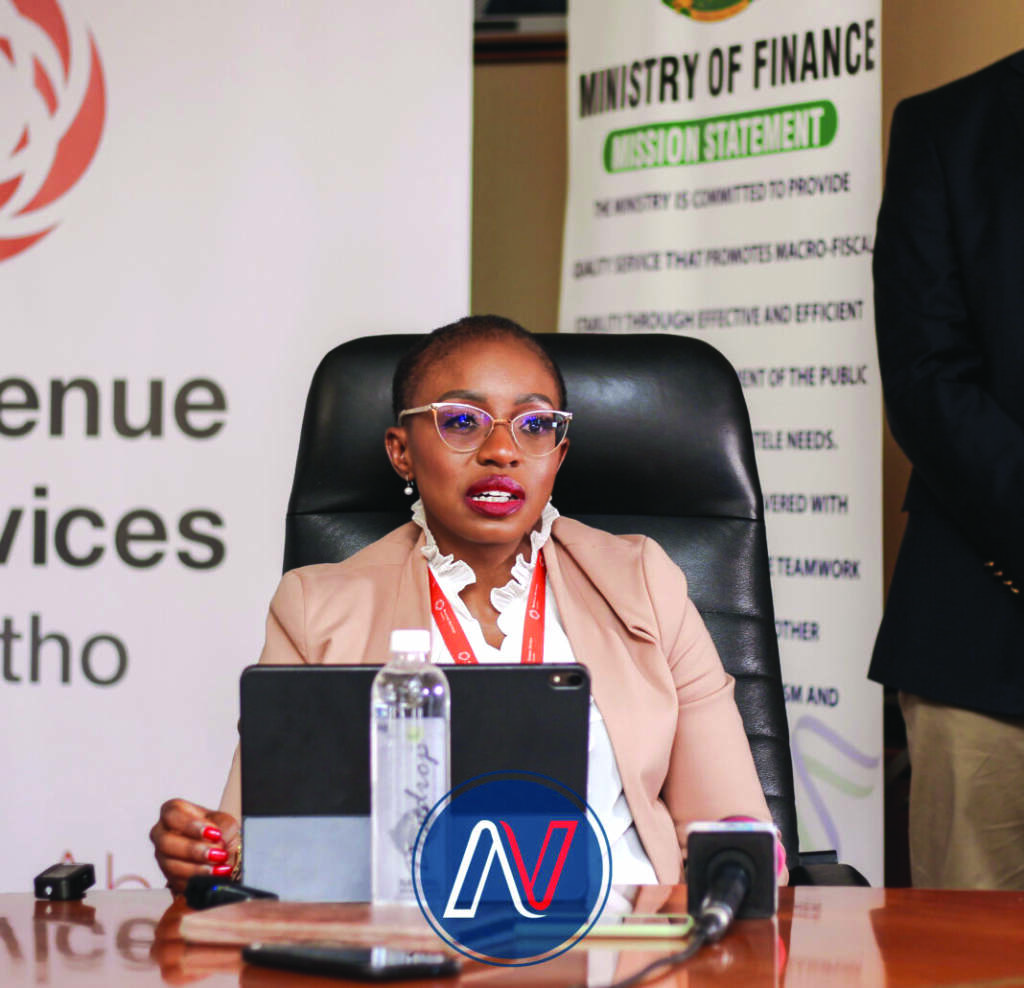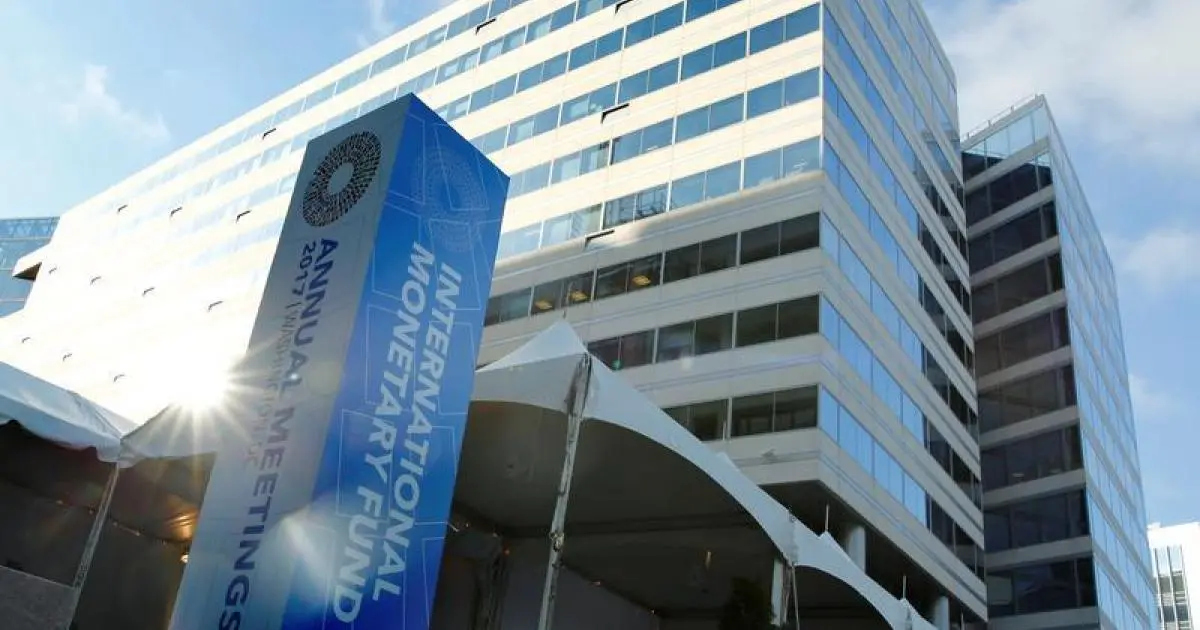Seabata Mahao
The Revenue Service Lesotho (RSL) has attributed its failure to collect the required tax revenue during the 2023/24 financial year to several factors beyond its control.
According to RSL Commissioner General, ‘Mathabo Mokoko, poor economic performance, soaring inflation, non-compliance, and the failure to pass critical pieces of tax legislation by parliament all contributed to the shortfall, with the RSL collecting M8.87 billion instead of the M9.78 billion target.
Mokoko emphasised the challenging environment in which the RSL operated over the past financial year.
She said it was anticipated that economic growth would recover from global shocks which had a bearing on economic performance, but the turnout was different.
“The assumption was that our main tax types will grow in line with the projected economic growth. At the beginning of the financial year it had depicted a projected growth of 2.1 percent for the 2023/24 financial year, but in reality, the economy grew by about 0.9 percent at the close of 2023, negatively affecting the collections across the board,” she told journalists this week.
There were further expectations of growth in the mining industry resulting from an improved market outlook for rough diamonds and the current upsurge in commodity prices.
“While mining remained in the top 10 contributors to national GDP contributing 5.1 percent by 2023, we had to pay out perpetual refunds to the Mining sector because of its constrained performance which resulted in a loss of revenue during in 2022/23 financial year, affecting income tax collections negatively.”
She said the rate of annual inflation was also higher than projected.
“The annual inflation rate was expected to average 6.6 percent in 2023, gradually to moderate to 5.3 percent and 5.0 percent in 2024 and 2025, respectively, since the supply and demand imbalances that drove inflation to record highs in 2022 were expected to gradually diminish.
“Inflation is currently at 7.3 percent since February 2024. It negatively affected collections from the wholesale and retail sector, hence less than expected VAT collections as it affected consumer spending patterns.”
The RSL boss also indicated that it was anticipated that revenue collection would be boosted by the implementation of the collection of the Tobacco and Alcohol Products Levy Act.
However, the rates were revised downwards right in the middle of the financial year and would otherwise have resulted in improved revenue collection.
“Had the Tax Administration Bill (TAB), Value Added Tax (VAT) Amendment Bill, and the Income Tax Amendment Bill, been promulgated into law and implemented during the 2023/24 financial year, they certainly would have improved revenue collection.”
She also expressed concern about non-compliance which includes isolated incidents of some taxpayers deliberately devising schemes to evade tax and defraud the government.
“We were encouraged by an increase in good compliance behavior by our taxpayers for which we are profoundly grateful. Overall, we saw on a month to month, more and more people registering for tax. We also saw more people, filing their tax returns and making payments on those returns and making those payments on time.”
Despite their crippling challenges, Mokoko said they were pleased to have surpassed the previous year’s collection by 12.5 percent.
Summary
- 1 percent by 2023, we had to pay out perpetual refunds to the Mining sector because of its constrained performance which resulted in a loss of revenue during in 2022/23 financial year, affecting income tax collections negatively.
- The RSL boss also indicated that it was anticipated that revenue collection would be boosted by the implementation of the collection of the Tobacco and Alcohol Products Levy Act.
- The rates were revised downwards right in the middle of the financial year and would otherwise have resulted in improved revenue collection.

Your Trusted Source for News and Insights in Lesotho!
At Newsday Media, we are passionate about delivering accurate, timely, and engaging news and multimedia content to our diverse audience. Founded with the vision of revolutionizing the media landscape in Lesotho, we have grown into a leading hybrid media company that blends traditional journalism with innovative digital platforms.










